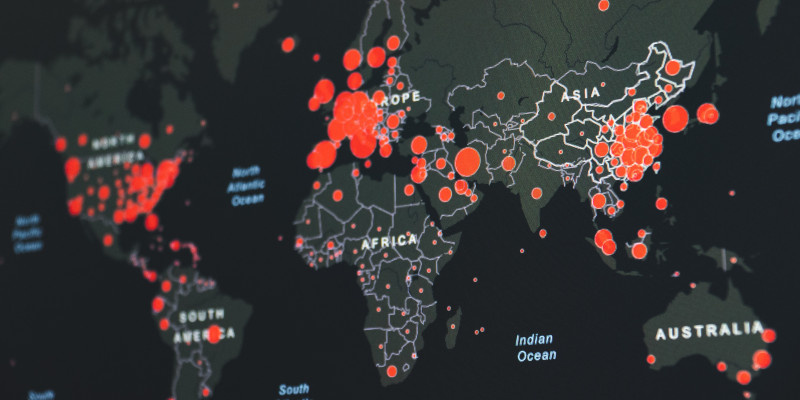The ongoing COVID-19 pandemic continues to wreak havoc on the global economy.This crisis has become the single biggest catalyst for a digital transformation.For organisations and business, not just in the continent, digitizing has moved from a good t...
The ongoing COVID-19 pandemic continues to wreak havoc on the global economy.
This crisis has become the single biggest catalyst for a digital transformation.
For organisations and business, not just in the continent, digitizing has moved from a good to have, to a survival gamechanger in what has become the new norm.
Within just months, the world has been flung into ‘Digitization Unusual’ as businesses seek ways to stay above water and ensure continuity post-crisis.
Rapid changes in consumer behaviour and diverse demands are forcing organisations to reinvent their business models to enable the delivery of their goods and services online. Digital payments have now become a critical service.
In a bid to curb the spread of the virus, the World Health Organisation has been cautioning against the use of hard currency and encouraging the use of digital payments. This move has prompted African governments and regulators to enforce measures aimed at facilitating more cashless transactions.
Africa’s Fintech Revolution
The genesis of Africa’s fintech revolution was mobile money. Its appeal and quick adoption, initially in Kenya and now, in over 30 African countries, has largely been due to its democratization of financial services.
With over 66% of adults in Sub-saharan Africa lacking access to traditional bank accounts, mobile money has bridged the financial inclusion gap bringing financial service closer to the rural majority who now do not need a bank account to transfer money, save, borrow or even pay for goods and services.
This runaway success from Kenya that has now permeated every African market has enabled businesses and individuals to connect outside the context of traditional banking and pulled millions into the financial world.
46% of global mobile money accounts are in Africa. This translates to approximately 395.7 million accounts out of a global total of 866 million.
Interestingly, despite having the highest level of mobile phone and internet penetration, only 10% of all payments and transactions in the continent are based on technology.
Beyond Mobile Money; Africa’s ongoing Fintech revolution
The spread of mobile money products beyond peer to peer transfers (P2P) has been growing significantly in the last two to four years. Cellulant, Flutterwave and Interswitch, among other players, are going up the Fintech value chain to build payment solutions adapted to the region.
By extending payment platforms beyond mobile money, fintech in Africa is now moving to the next phase of the mobile money revolution; seamless integrations between the existing mobile money operator owned mobile wallet services for a unified digital payment solution into very specific sectors and pervading geographical borders.
Fintech is providing the platform upon which large sectors in Africa will be transformed at scale. With the ongoing crisis, we have an even bigger role to play now to help businesses and organisations as they move towards rapid digitization in order to ensure business continuity during this crisis and spur economic growth thereafter.
For payment businesses, there is still a need to build solutions that foster seamless intra-Africa trade that will make it easier for everyday Africans to conveniently and affordably access financial services and for consumers and businesses to make and accept payments with fewer hoops. This is not an insurmountable collective task.
Now more than ever before, fintech is poised to become a crucial stepping stone that will propel Africa into becoming a truly digital economy.
Source : www.theafricareport.com




